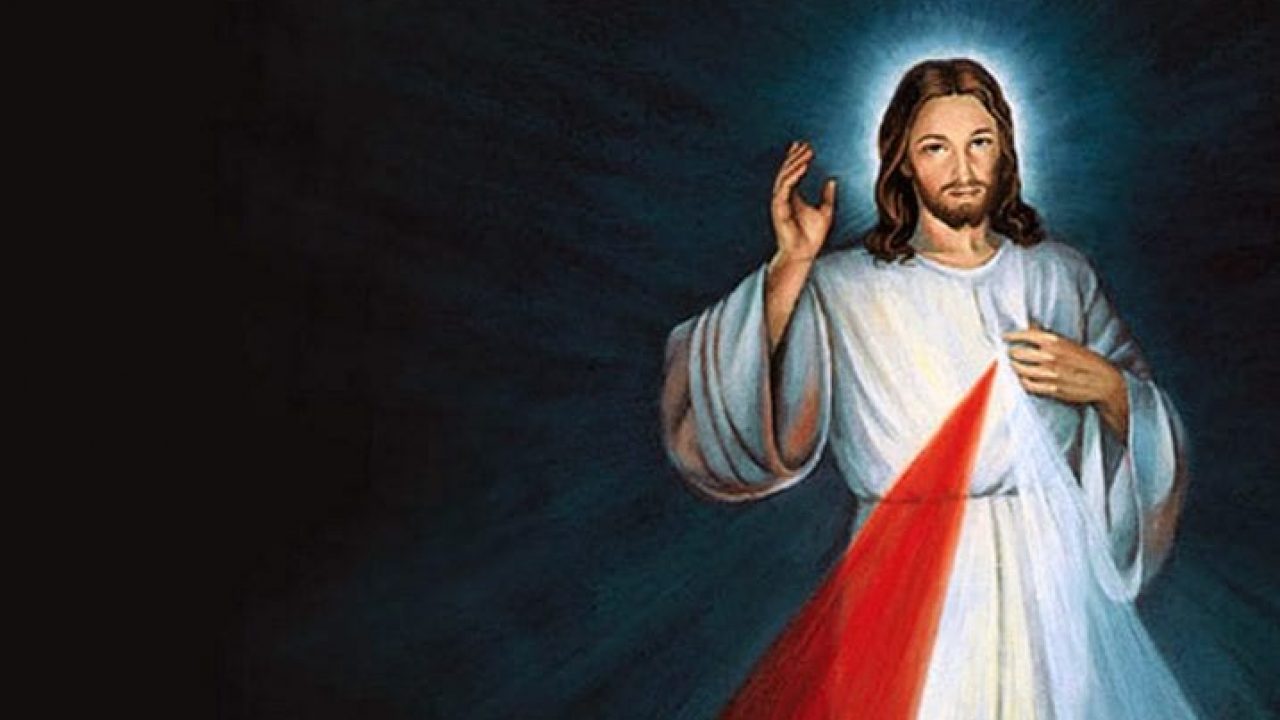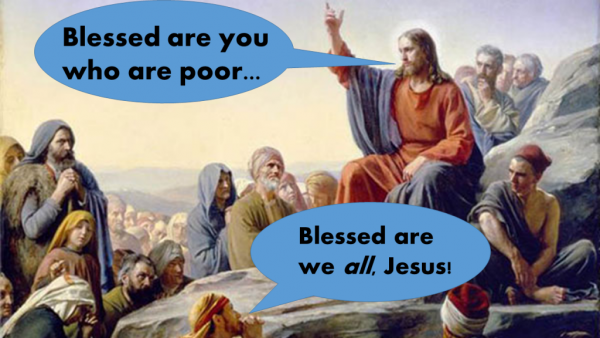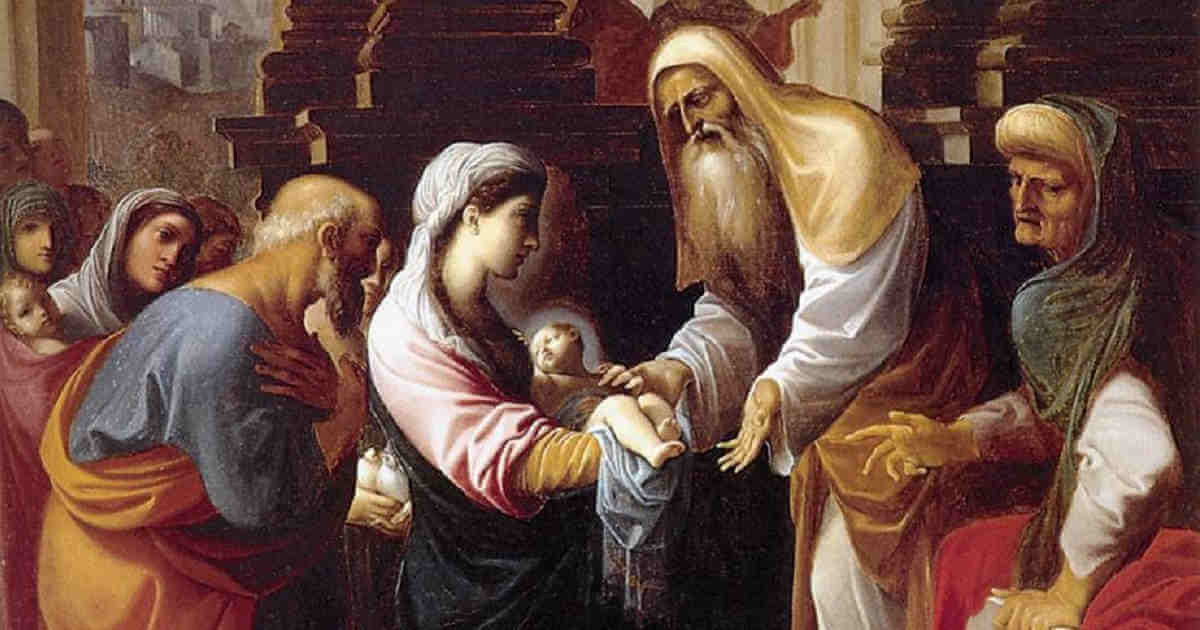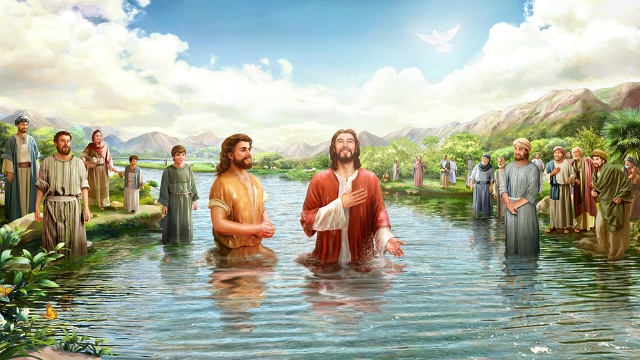|
That Divine Mercy Sunday points us to the merciful love of God? The Easter Octave has always been centered on the theme of Divine Mercy and forgiveness. God extends His mercy to each and every one of us. Mercy is the loving kindness and compassion shown to one who offends. Divine Mercy Sunday, therefore, points us to the merciful love of God that lies behind the whole Paschal Mystery — the whole mystery of the death, burial and resurrection of Christ — made present for us in the Eucharist. In this way, it also sums up the whole Easter Octave. As Pope John Paul II pointed out in his Regina Caeli address on Divine Mercy Sunday, 1995: "the whole octave of Easter is like a single day," and the Octave Sunday is meant to be the day of "thanksgiving for the goodness God has shown to man (and woman) in the whole Easter mystery." Let us be constantly reminded that as sinners, God is ready and waiting to welcome us into his loving arms. Yet we must make the first move. God is ready to forgive us through the healing power of the sacraments and to pour out His grace upon us – that supernatural gift given to us through the Christ. On this Divine Mercy Sunday, may each of us seek strength and comfort in the merciful love of God!
That each of us are “blessed”? When we think of “blessed”, we are usually talking about something good, something great, something that other people would want. Yet in looking at the people Jesus labels as blessed, they seem to be the exact opposite of what the world tells us we should be aspiring for – the poor in spirit (those who have nothing in this life but their faith in God); those who mourn (not just those who have experienced death, but those who struggle with sin in their lives and “mourn” over the fact that they struggle with that), and the meek (those who seem powerless, insignificant to the world). Jesus is not giving us a pep-talk, but rather he is trying to change our perspective about what it means to be “blessed”. Jesus invites us to recognize that Blessed are you when even in the midst of all that is going on in your life, all the trials and tribulations you suffer and endure. Blessed are you when you realize God hasn’t abandoned you. Blessed are you when you realize this isn’t some divine punishment. Blessed are you when you see God is there with you in the midst of it all. Blessed are you when you endure with that
confidence of faith, knowing the love of God sustains you. All too often the world thinks that when we win the lottery, THEN we will be “blessed.” Our faith, and the fact that Jesus died for us reveals how blessed we truly are. That the Feast of the Presentation of the Lord is a relatively ancient celebration? The Church at Jerusalem observed the feast as early as the first half of the fourth century, and likely earlier. The feast celebrates the presentation of Christ in the temple at Jerusalem on the 40th day after His birth. Just as we process in at the beginning of mass with lit blessed candles, the light of the candles symbolizes Christ, who is the Light of the World. This light symbolizes the infant Jesus, our Saviour, who entered into the temple with Mary and Joseph. God, our Father, who is the Source of all light, revealed to Simeon the Light of revelation to the nations. That was some 2020 years ago. So how are we to celebrate this feast today? We are reminded that we are to always bring that light of Christ we received at our own baptism to those who live in darkness. I admit, this is not always easy. It is with God’s grace that we are called to be the light of Christ today in our words, deeds, and actions, in our parish, in our families, and in our communities. Let us pray that, together, we may be the light of Christ for others – for each other!
That the feast of the Baptism of the Lord closes off the Christmas season in the Church? I am in awe at how fast the season has flown by, and also in awe when I ponder the question “Why did Jesus need to be baptized?” When we think of Baptism, usually we think of the Sacrament that washes away sin and begins our new life in Christ. Jesus doesn’t need either, since He is Christ, and He never sinned… yet He chooses to be Baptized anyway. At first it may seem a little odd that He does this, so the Catechism offers some insight: Our Lord voluntarily submitted himself to the baptism of St. John, intended for sinners, in order to “fulfill all righteousness.” Jesus’ gesture is a manifestation of his self-emptying.” (#1224). Jesus’ self-emptying action is a central part of all that He came to do. It’s a humbling action, echoed by many other things Jesus would do to demonstrate self -giving, summed up beautifully in the words of consecration at Mass: “This is my body, given up for you.” We are invited to step through the waters of Baptism and live a life like Jesus lived: a life of self -emptying for the sake of God and others.
|
AuthorFrom Our Pastor Archives
July 2024
|
|
251 Glenridge Ave.
St. Catharines, ON L2T 3Y7 |
©2021 St. Julia Parish
|





